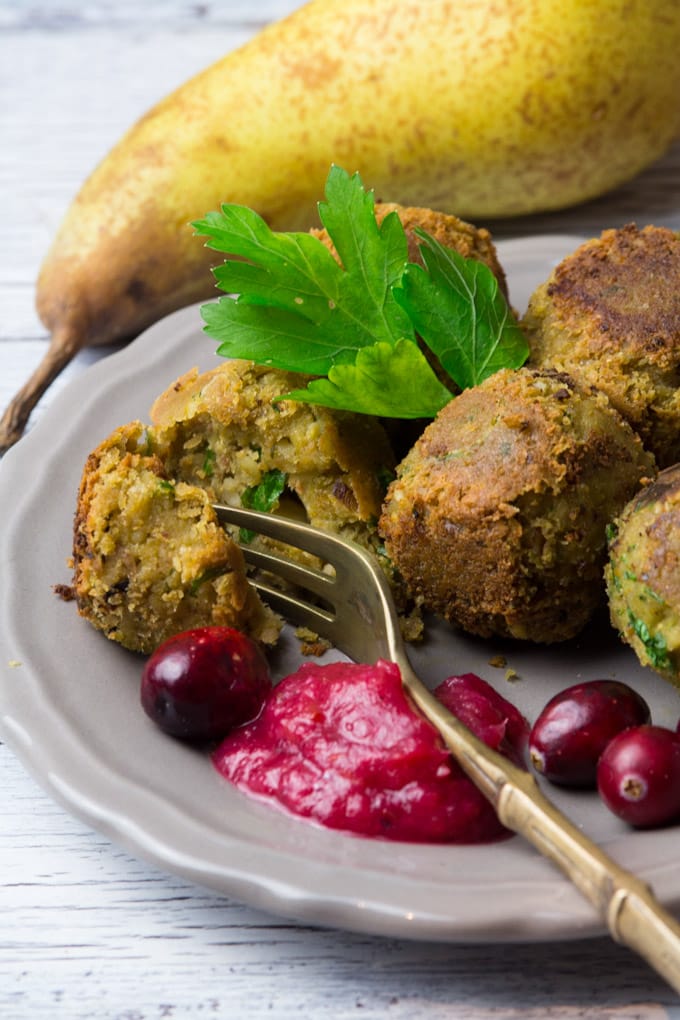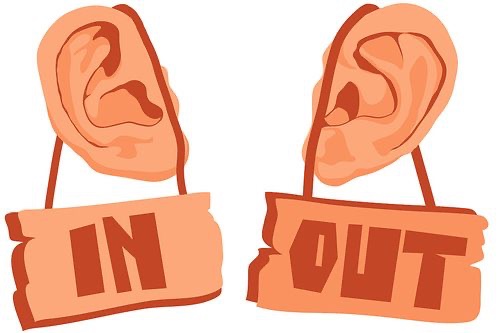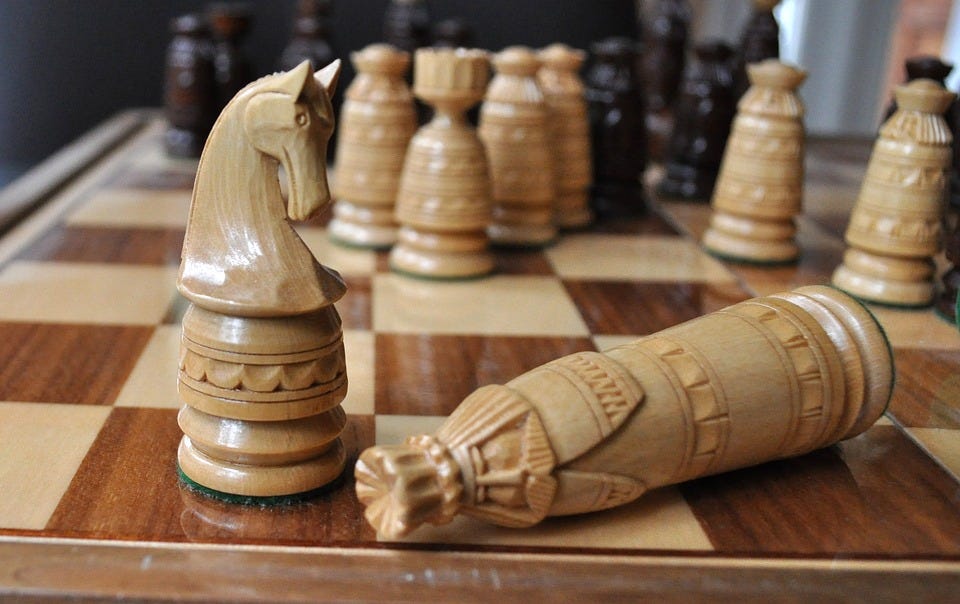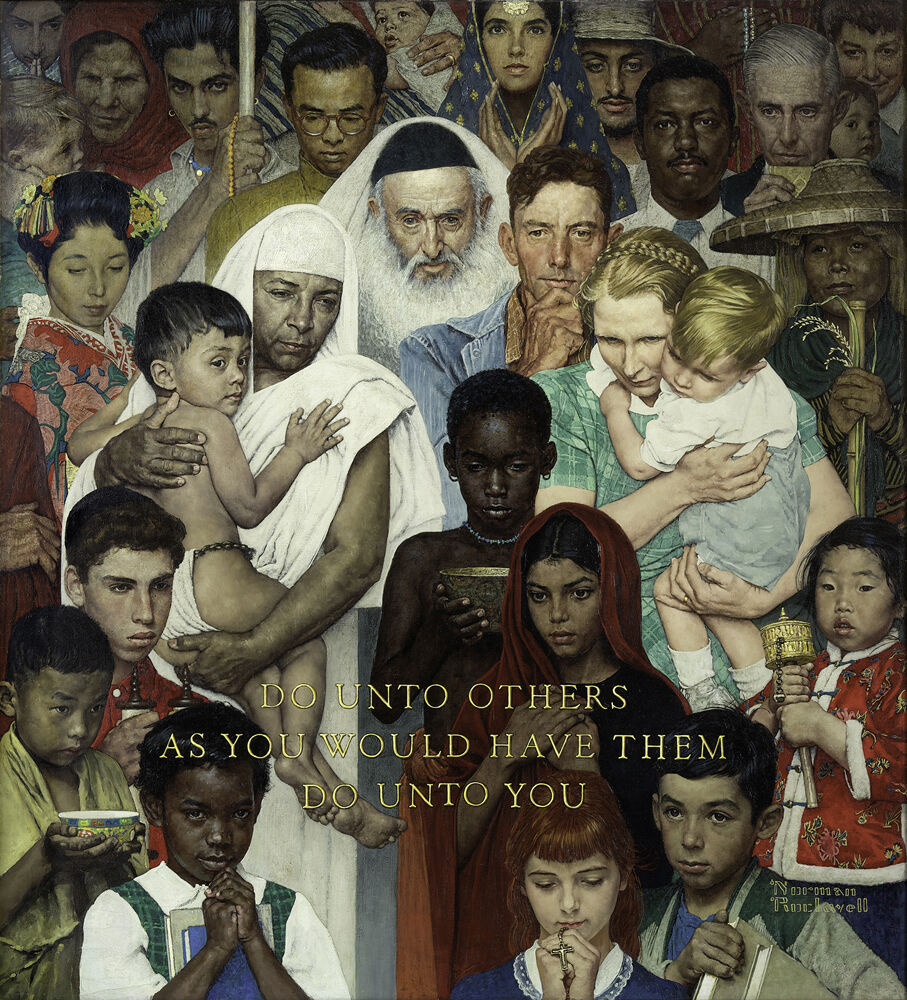The purpose of this blog is to make sure there's hodu at every table... Please share...
Happy birthday shout-out to Teri in Portland! Question for your Thanksgiving table – someone asked me today – "Do you think the tenor of Thanksgiving has changed, now that Columbus has become so controversial?"
Question for your Thanksgiving table – someone asked me today – "Do you think the tenor of Thanksgiving has changed, now that Columbus has become so controversial?"
As long-term readers of this email know, this is that special week in November when we pull out, dust off, revamp and update our annual Hodu message.
Here are a few questions to stump everyone at the table.
Try this one first: Why turkey?
Serious question: Why do Americans eat turkey on Thanksgiving?
(I.e., like it's their religious duty, like matzah on Pesach.)
If anyone says, "They ate turkey so we have to eat turkey," you can politely let them know they are wrong on 2 accounts.
First of all, would it really be so bad to have a Thanksgiving pizza? Or Thanksgiving hamburgers? Or a red beans and rice Thanksgiving? How about a Chinese Thanksgiving? Curry Thanksgiving, anyone? Do vegetarians do Thanksgiving?
(I know I'm not the first to ask this question, but it seems far from resolved.)
Second, they probably didn't eat much turkey.
At that original Thanksgiving in 1621, they apparently ate mostly venison.
I know, shocking, right?
Let's go back in time.
Imagine you are on the boat with Columbus.
(Maybe you're even a Jewish refugee from the Spanish Inquisition.)
PS - If you'd like to know about the Jews who sailed with Columbus, send me an email.
It's a strange world! Strange people, fauna and flora.
And you see this funky chicken.
The Wampanoag Indians call it neyhom.
(I know I'm not the first to ask this question, but it seems far from resolved.)
Second, they probably didn't eat much turkey.
I know, shocking, right?
What do you, O Spanish sailor, call it?
Remember, it looks vaguely like a chicken and you think you're in India, so naturally you call it "Indian chicken."
Are you with me so far?
French explorers agree that it looks like a chicken and they call poulet d'Inde (Indian chicken), later shortened to dinde (pronounced "dand").
English settlers think it looks more like a Turkey pheasant than a chicken, so they call the bird turkey.
Jewish explorers side with the French and call it tarnegol hodu — "Hindu chicken" — later shortened to hodu.
What's interesting for us is that the Hebrew word HODU also just happens to mean "give thanks" (in the imperative mood for all the grammarphiles out there).
So back to our main question for your table: What food should you eat on Hodu Day?
(Hodu, of course.)
Now try asking somebody Jewish at the table this stumper:
You're Jewish, right? Can you explain what "Jewish" means?
Forget the religious or cultural meaning; we want to know the etymology of "Jewish".
It means something like, "a state of being thankful". (Happens to be from this week's Parsha by the way.)
Ergo, if you're living up to the name "Jewish" then you are....
....living in a state of being thankful.
Let that sink in before asking the next question: How often?
(Once a year? Once a month? Once a week? Once a day?)
That could be a lot of hodu to stuff yourself with.
Final question for the table: How do you do hodu?
Happy Hodu-Day and
(which for some is the same as saying...)
Shabbat Shalom
PPS - When you shop using Amazon Smile, you can designate Jewish Spiritual Literacy as your charity, and they will gift a percentage of your purchase to JSLI - for the same cost to you.
To learn about other JSL projects, click here.
Enjoyed this Table Talk? Vote with your fingers! Like it, tweet it, forward it....








